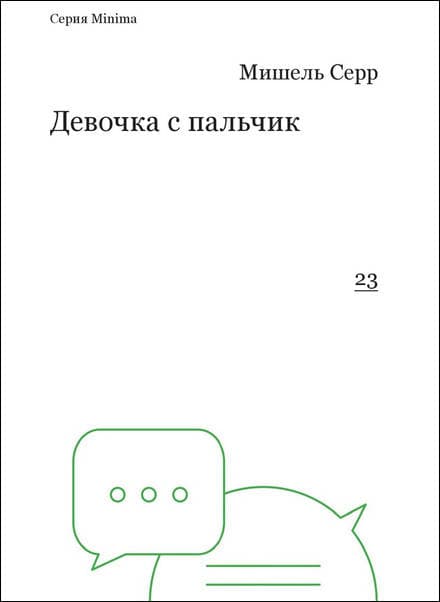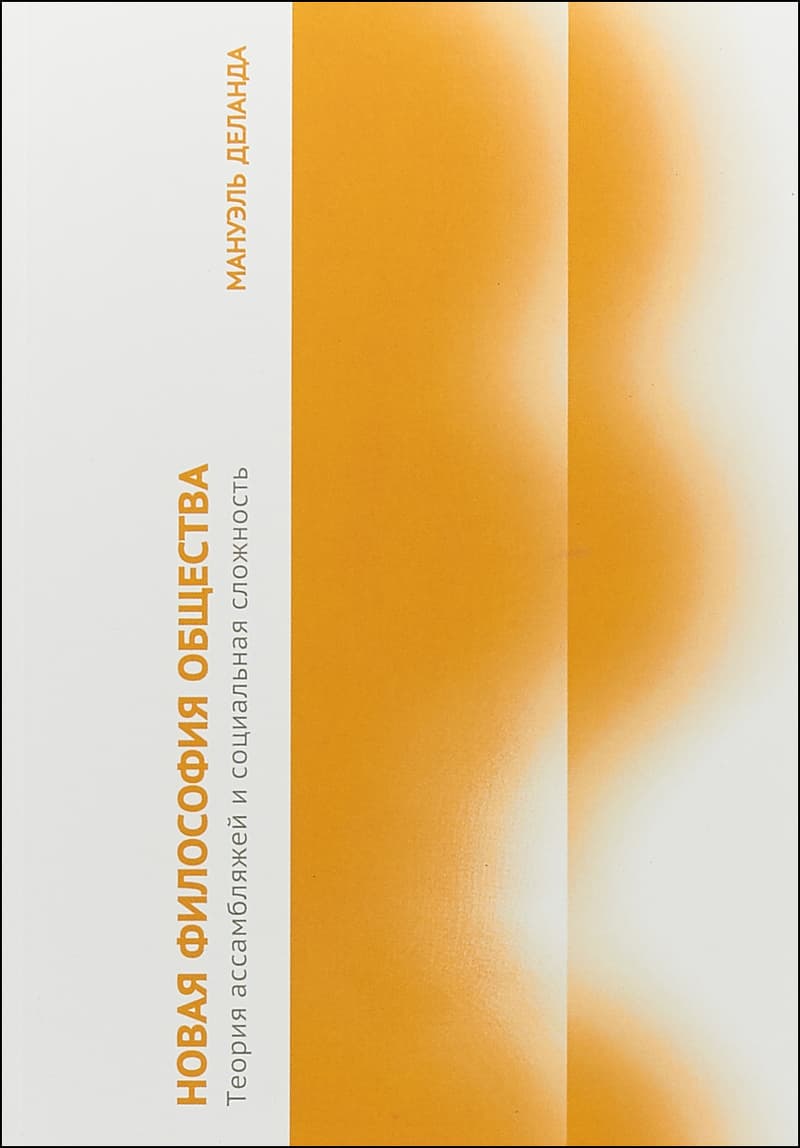Giving an Account of Oneself
In her first extended study of moral philosophy, Judith Butler offers a provocative outline for a new ethical practice-one responsive to the need for critical autonomy and grounded in a new sense of the human subject. Butler takes as her starting point one’s ability to answer the questions “What have I done?” and “What ought I to do?” She shows that these question can be answered only by asking a prior question, “Who is this ‘I’ who is under an obligation to give an account of itself and to act in certain ways?” Because I find that I cannot give an account of myself without accounting for the social conditions under which I emerge, ethical reflection requires a turn to social theory. In three powerfully crafted and lucidly written chapters, Butler demonstrates how difficult it is to give an account of oneself, and how this lack of self-transparency and narratibility is crucial to an ethical understanding of the human. In brilliant dialogue with Adorno, Levinas, Foucault, and other thinkers, she eloquently argues the limits, possibilities, and dangers of contemporary ethical thought.
Данные книги
Нью-Йорк
2005
150 страниц
9780823225040
Доступ по запросу
Нет
Нет
109 But
1
- Vita activa, или О деятельной жизни2000
- Девочка с пальчик2016
- Ник Ланд. Сочинения в 6 томах. Том 2. Киберготика2018
- Politik der Unsterblichkeit: Vier Gespraeche mit Thomas Knoefel2002
- Загадочное отношение философии и политики2016
- Новая философия общества: Теория ассамбляжей и социальная сложность2018
- Теория религии. Литература и зло2000
- Аллегории чтения. Фигуральный язык Руссо, Ницше, Рильке и Пруста1999
- Люди в тёмные времена2024
- Что такое повелевать?2013
- Растения философов. Интеллектуальный гербарий2025
- Адорно в Неаполе. Как страна мечты стала философией2017












